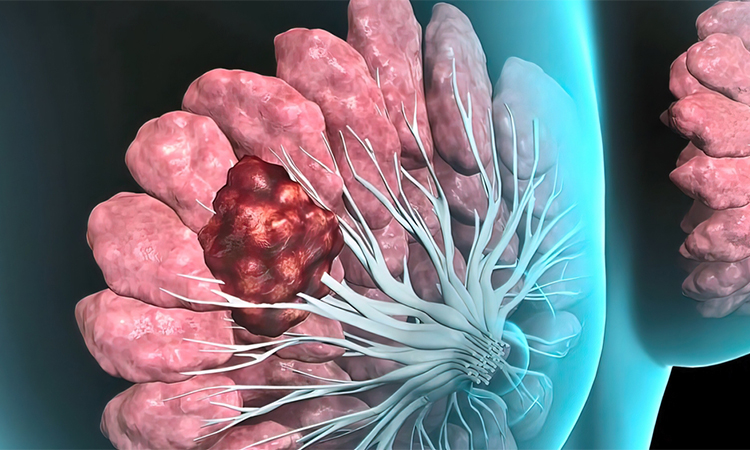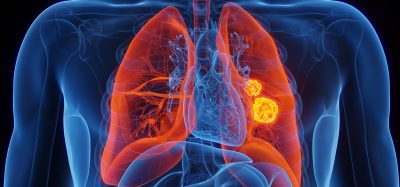Researchers find breast cancer protein that could predict chemotherapy sensitivity
Posted: 28 November 2022 | Ria Kakkad (Drug Target Review) | No comments yet
Researchers have identified a protein that, when present in high amounts in breast cancer tumours, is an indicator of whether DNA-damaging therapies will work or not.


Researchers from University of Newcastle, Australia, and Hunter New England Health, Australia, have identified a protein that, when present in high amounts in breast cancer tumours, is an indicator of whether DNA-damaging therapies will work or not. The findings were recently published in Cell Death & Disease.
Lead author of the study, PhD researcher Luiza Steffens-Reinhardt, said this work could lead to more effective chemotherapy for people with breast cancer.
“We looked at this particular variant of a protein called p53 because our previous studies have shown that it is present at high levels in breast cancer and is associated with cancer recurrence,” she said.
“We were surprised to see that by increasing the levels of this variant of p53, the breast cancer cells became unresponsive to existing therapies. Thus, inhibiting this variant could enhance people’s responses to currently used cancer treatments. We recently confirmed these findings in living subjects.”
Breast cancer affects more than 19,000 women every year in Australia and around one-quarter of these people develop treatment resistance.
Missed the news?
Bacteria in a tumour’s microbiome could influence how cancer responds to treatment
READ HERE
“The primary reason women die from this cancer is treatment resistance,” said Steffens-Reinhardt.
“A breast cancer that is resistant to treatment is impossible to cure. Therefore, there is an urgent need to improve therapies that target the cells responsible for resisting these therapies.”
Associate Professor Kelly Avery-Kiejda, who supervises Steffens-Reinhardt on her research, says, this research could be a first step in better targeting breast cancer treatment.
“If we can identify biomarkers that predict how well a patient will respond to certain therapies, we can then target the available therapies more effectively.”
Related topics
Biomarkers, Disease Research, Oncology, Protein, Therapeutics
Related conditions
Breast cancer
Related organisations
Hunter Medical Research Institute (HMRI), Hunter New England Health, University of Newcastle (Australia)
Related people
Associate Professor Kelly Avery-Kiejda, Luiza Steffens-Reinhardt








